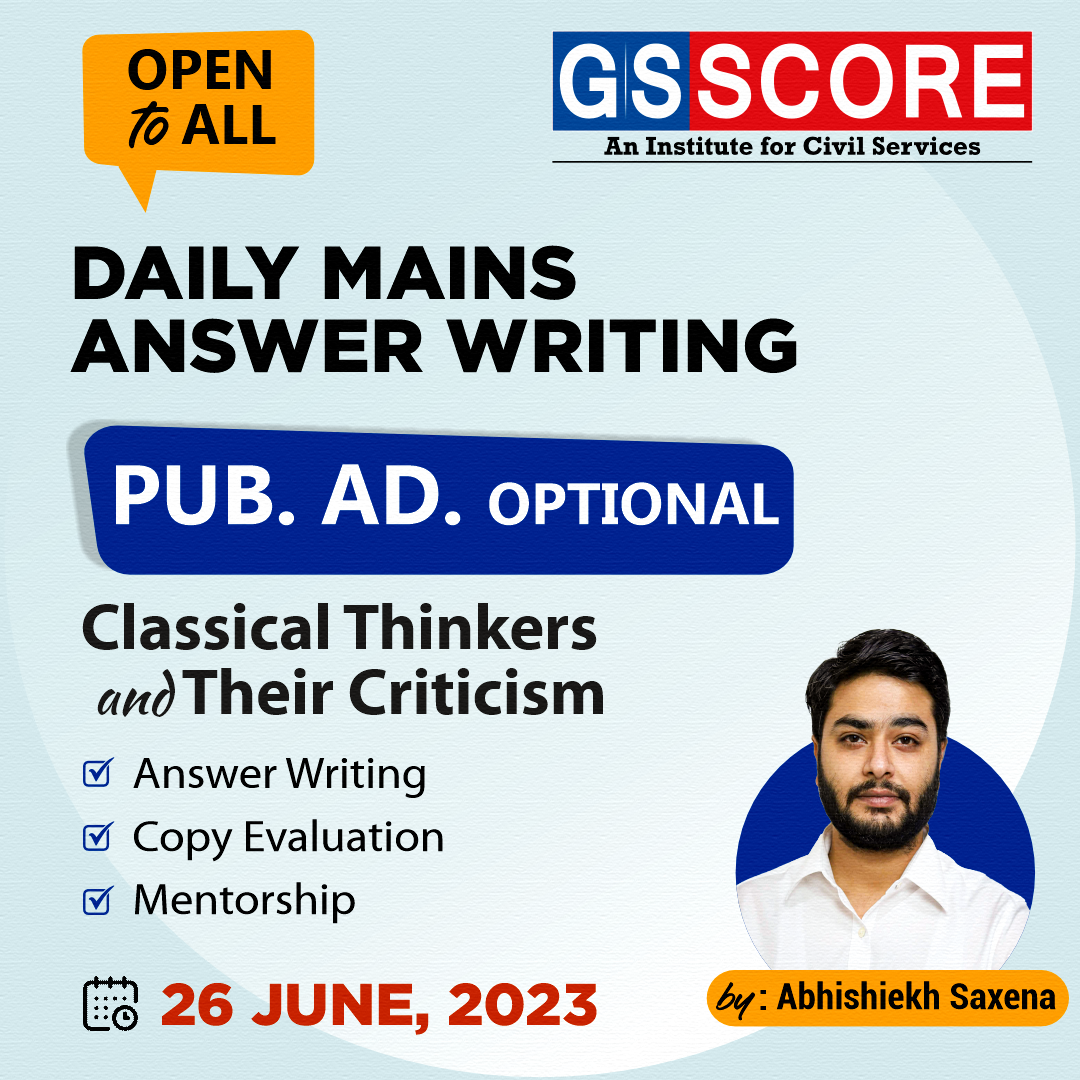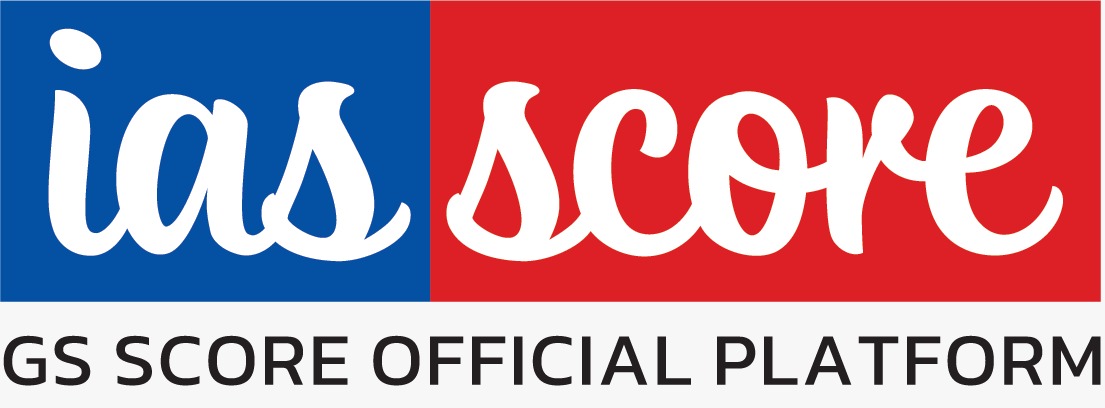


Instruction:
- There will be 2 questions carrying 10 marks each. Write your answers in 150 words
- Any page left blank in the answer-book must be crossed out clearly.
- Evaluated Copy will be re-uploaded on the same thread after 2 days of uploading the copy.
- Discussion of the question and one to one answer improvement session of evaluated copies will be conducted through Google Meet with concerned faculty. You will be informed via mail or SMS for the discussion.
Question #1. Based on the philosophy of Fayol, Gulick, Urwick, Mooney, Reiley and other classical scholars describe the principles of Classical Management Theory.
Question #2. MP Follett was never a systematic writer -RJS Bakar. Comment.
(Examiner will pay special attention to the candidate's grasp of his/her material, its relevance to the subject chosen, and to his/ her ability to think constructively and to present his/her ideas concisely, logically and effectively).
STEPS & INSTRUCTIONS for uploading the answers
Step 1 - The Question for the day is provided below these instructions. It will be available at 7:00 AM.
Step 2 - Uploading of Answers : Write the answer in A4 Sheet leaving proper margins for comments and feedback and upload the PDF in MY ACCOUNT section. Click on the option of SUBMIT COPY to upload the PDF.
Step 3 - Deadline for Uploading Answers: The students shall upload their answers by 7:00 PM in the evening same day. The first 50 copies will be evaluated.
Step 4 - Feedback : Mentors will give their feedback for the answers uploaded. For more personalised feedback, join our telegram channel by clicking on the link https://t.me/mains_answer_writing_cse . A one-to-one session will be conducted with the faculty after copy evaluation in 72 Hrs.
Model Answer
Question #1. Based on the philosophy of Fayol, Gulick, Urwick, Mooney, Reiley and other classical scholars describe the principles of Classical Management Theory.
Hints:
Henry Fayol, father of classical approach, proposed about classical management theory in his famous book ‘General & Industrial management’ in 1916. But it was “Papers on the science of Administration” co-edited by Gullick and Urwick in 1937, that paved way to its apex.
Scholars like – Fayol, Gullick, Urwick, Mooney, Reiley, have proposed to establish structure of organisation based on principles of organisation (Division of work, Authority & Responsibility, Unity of command etc.) to find effective implementation by any organisation (public/private).
Based on the views of different scholars of classical management theory main principles are. • Emphasizes on the anatomy of formal organisational structure.
- Scholars had generic view of administration and so, they did not make distinction between public and private organisation.
- They believed that administration is governed by certain principles of organisations, which are of universal application in all forms of organisation in every environment.
- It views public administration as non-political and technical organisation, that is designed to implement public policies with efficiency and economy.
- It maintains distinction between the line and staff activities in the organisation.
- It believes in economic man concept. That is people could be kept happy by more and more motivated by monetary rewards.
Thus, classical management theory manifests features like – Division of work, Hierarchy, Impersonality, Efficiency etc.
Question #2. MP Follett was never a systematic writer -RJS Bakar. Comment.
Hints:
Follett provided several contributions to the development of management, the most important being her managerial philosophy with its emphasis on the spirit of democratic dynamism and human behavior. She maintained that attitudinal change is required for the integrative process to work properly. Individuals must develop a cooperative attitude that fosters a search for integrative solutions to conflict and aspire only to exercise, ‘power-with’ rather than grasp for ‘power-over’.
M P Follet is criticized for not interpreting the social content of organization scientifically. Baker observed that Follett was never a systematic writer; she threw out interesting ideas more or less randomly and, therefore, the thread of consistency was hard to find and harder to follow. Not all her readers would see where her thoughts would lead them. Therefore, it was observed that her valuable ideas and useful recommendations do not conform to a theoretically well-founded and integrated system.
While a few writers on organization label Follett as a ‘classical’ thinker, others criticize her stating that ‘there is nothing classical in her ideas’. But it must be stated that Follett herself criticized the classical theory of management for its one-sidedness, mechanism, and for ignoring psychological aspects. But her own ideas on various aspects of administration and management were not free from criticisms. She was criticized for ignoring the social nature or the processes involved in the management of organizations. “She threw all real social, class conflicts off the scale and considered only psychological conflicts rising mainly from lack of understanding, misapprehensions and differences in the personnel qualities. Her ideas on integration were criticized as being illusory.” (Gvishiani).
Notwithstanding these criticisms, Follett’s contribution to administrative theory is “seminal and indeed prophetic”; her ideas in the realm of conflict, integration, coordination, control, authority and leadership convince everyone about the validity and justification of the multi-dimensional focus of her universalistic approach. As Metcalf and Urwick have observed: “Her conceptions were in advance of her time. They are still in advance of current thinking. But they are a gold-mine of suggestions for anyone who is interested in the problems of establishing and maintaining human cooperation in the conduct of an enterprise.”

